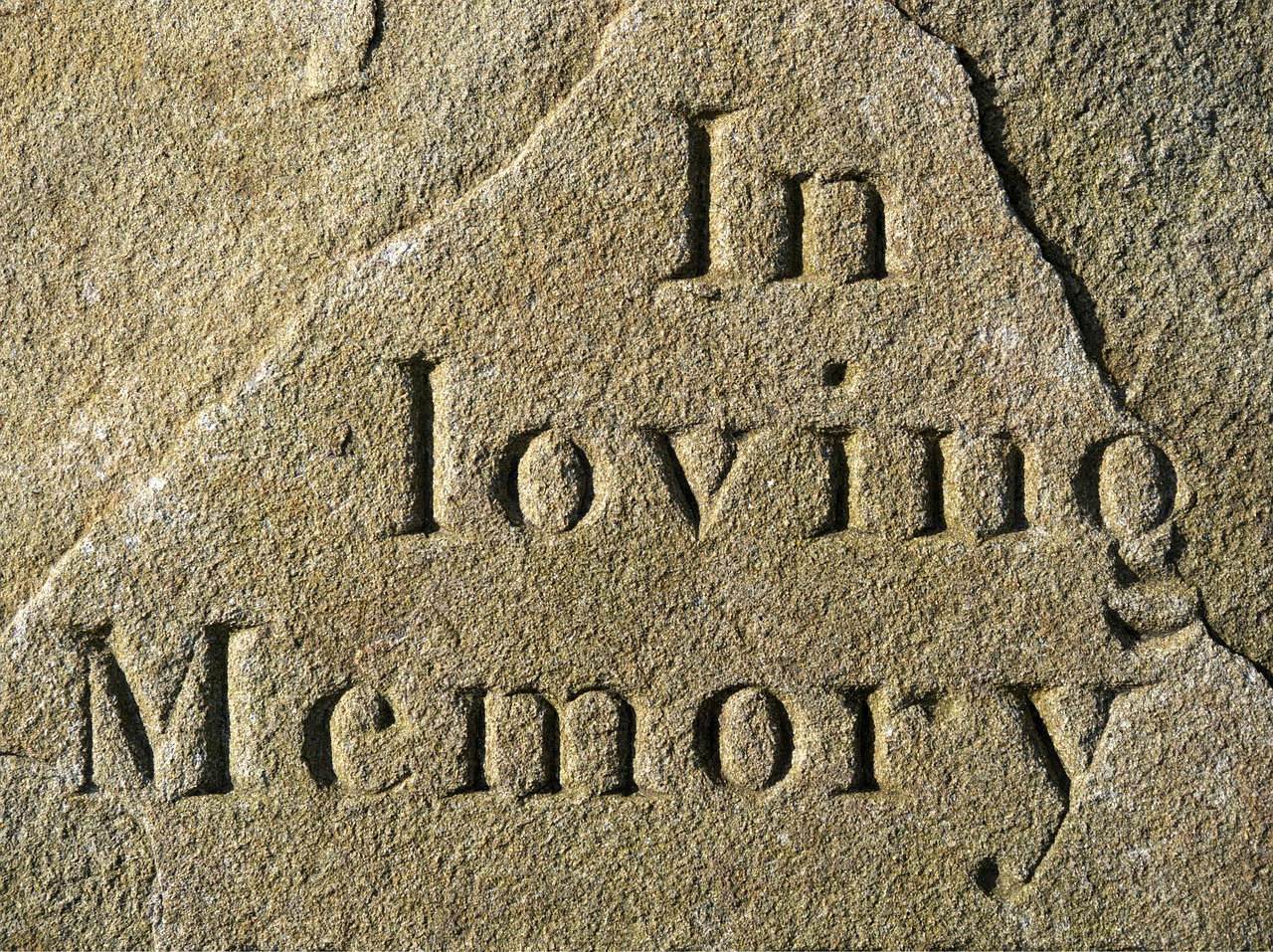 There is plenty of practical advice online on how to deal with grief but sometimes, what we really need is to understand why we feel a certain way. Obviously, we know why it hurts so much but when we have been going through it for a while, and we don’t really feel like we are feeling any better, we start to really question why.
There is plenty of practical advice online on how to deal with grief but sometimes, what we really need is to understand why we feel a certain way. Obviously, we know why it hurts so much but when we have been going through it for a while, and we don’t really feel like we are feeling any better, we start to really question why.
In NLP (Neuro Linguistic Programming), there are a number of presuppositions and one of them is that ‘mind and body are one system’. Strong reactions (good or bad) are normally very vivid and the brain can’t actually differentiate physical danger from emotional danger. When we experience something painful, it quite literally goes into shock. Because it hurts so much, it will do its best to protect us and help us survive. If we were to really feel the true intensity of the pain, it could, in reality, kill us.
Heartache has very genuine physical effects: the brain feels the same way whether you are physically or emotionally hurt. It will match the pain with the experience that it remembers and our hormones sky rocket, affecting the same part as addiction and cocaine craving. The adrenaline levels go up and we go into fight or flight mode. It has actually been known for people to suffer sudden heart attacks (and subsequent death) when they have had to face intense emotions. This is also why anxiety attacks will often manifest around the solar plexus area as chest pains. In some cases, the pain will even radiate to the jaw or the arms. With the heart pounding so hard, it feels like you are being punched from the front and the back at the same time. Fear and uneasiness can also make us feel frozen and struggling to move our limbs. We are literally numb, which is how our brain wraps us in cotton wool to shield us.
It is important to face up to the pain of loss, to talk about it and to also allow others to express their feelings, especially children. I unfortunately only know this too well, as I have witnessed the devastating consequences of this. The impact of blocking those feelings will often influence someone’s life in a negative way for years to come, creating unhealthy behaviours and reactions in the process. So whilst it might be painful to deal with at the time, it will only hurt more in the future.
The pain of a loss is very real and the sadness of losing someone never goes away completely. The person, their passing, and how we deal with it all, will become a part of who we are. I feel that’s actually quite nice, because they therefore never truly leave us…


